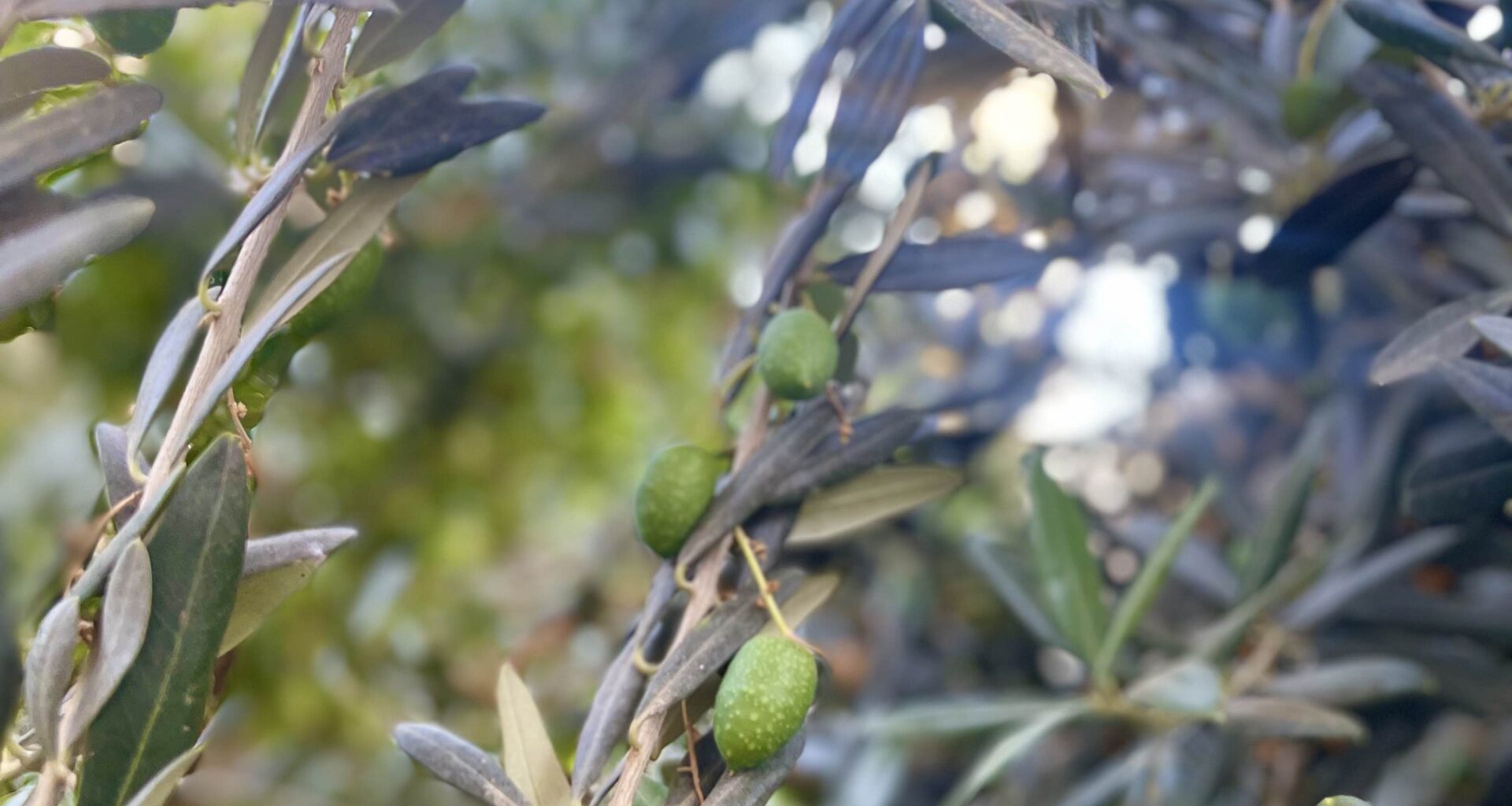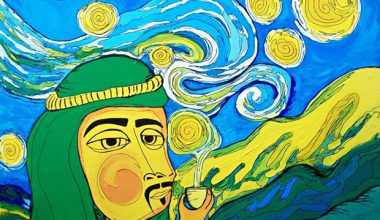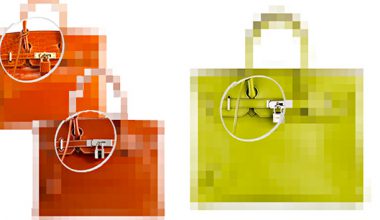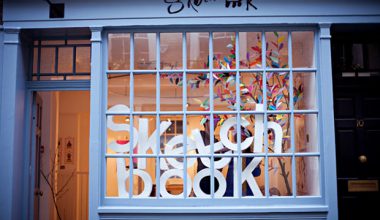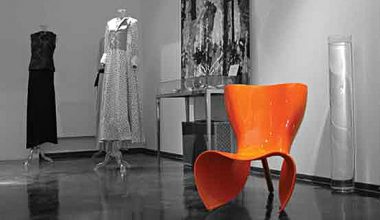A film created by an MFA in Design student tells the story of how the olive tree has evolved to be a symbol of resilience in Palestinian culture.
It is a fact that no matter what the topic, conversations with the displaced – those compelled to leave their homes or hometowns, often by force – eventually circle back to factors that helped them survive, or even thrive, in the face of adversity, those small yet significant aspects of their daily lives that kept, and may still be keeping, their spirits up and hope alive.
These factors, often mundane, matter. This is because they are tangible reminders of intangibles such as normalcy and predictability and, as the displaced say, of peaceful times.
A short film produced and directed by Naima Almajdobah, an MFA in Design student at Virginia Commonwealth University School of the Arts in Qatar (VCUarts Qatar) captures the nuances and emotions associated with this facet of human nature. Titled ‘Zaytouna’, the film is a sensitive portrayal of the significance of the olive tree to Palestinian culture and how it has evolved to be a symbol of resilience.
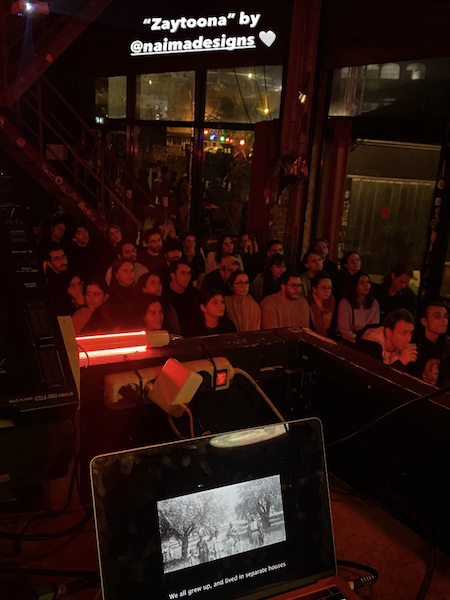
Almajdobah’s film was part of her MFA thesis, ‘Zaytouna: Rooted Histories in Uprooted Memories’. Her thesis explored the relationship between the olive tree and uprooted Palestinians through a “rich tapestry of narratives that encompass the quintessential and everlasting relationship between a land and its people.”
She speaks at length about the inspiration for the film, and what it means to her as a person of Palestinian origin.
She says, “The seed of the idea emerged when I received an olive branch from my uncle. This olive branch was sent to me from the olive tree in our front yard at our family home in Jordan. This wasn’t just any olive tree; it was grafted from the tree that grew in my grandparents' house, which, in turn, came from the olive tree my great-grandparents had in their house in Palestine. When my grandparents left Palestine, this olive branch was the only thing they took with them to Jordan. They planted it in their house. Hence, it’s a special branch from a special tree. It’s the last connection – the only root left – to my home country, Palestine,” she says.
The narrative of the film is short yet sharp, striking a chord with its deft portrayal of both history and humanity. Almajdobah’s father, Monif Almajdobah, delivers the narrative as the storyteller who draws parallels between the olive tree and the stories that Palestinians hold close to their hearts.
He says, “The olive tree in my parents' home was transplanted into a place that had different conditions – soil, climate, water – than from Palestine. It adapted, much like we did. The tree, like us, learned to flourish where it was planted, adjusting to its surroundings. When Naima first talked to me about her research idea, I couldn’t help but think about how that tree and its fruit mirrored our lives in more ways than one – from moving out of homes and settling elsewhere to channeling our inner strength and resilience to not only survive but flourish where we currently are.”
It is in this context that the MFA in Design graduate describes how tangible and visual symbols – such as the olive tree, its fruit, and its seed – help forge an intangible sense of community and solidarity among people.
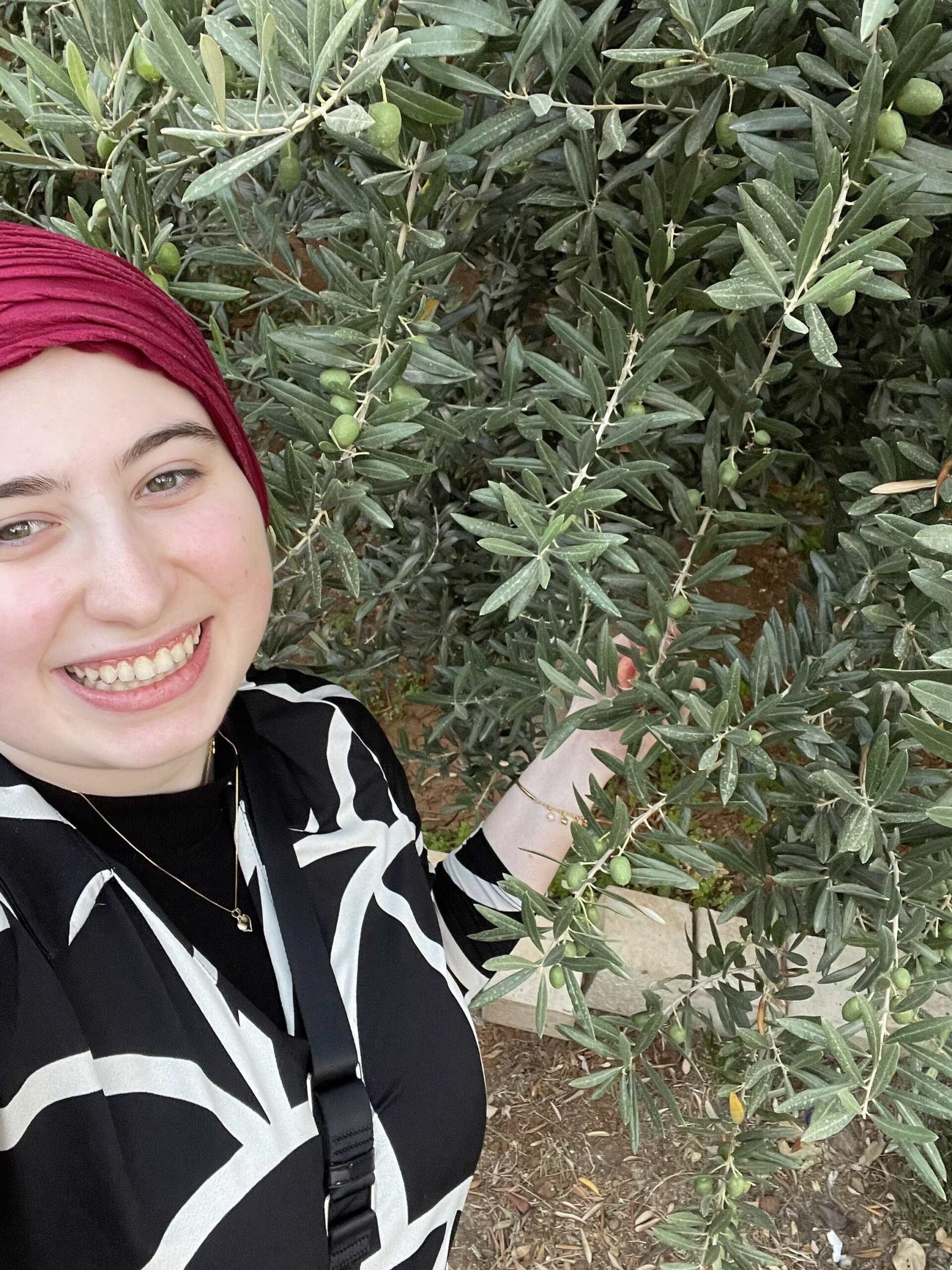
She says, “In its most elementary definition, to love a land is to care for it and preserve it for generations. A population’s connection to the land it has lived on for generations precedes any notion of nationality. This is why we ask, “What or where are your roots?” – as if our limbs are intertwined with the earth’s. This is also why we use the word “uprooted” when we are displaced because we are forcefully pulled out of the earth. But we never lose sight of the land we once roamed, and we love it from afar.”
She continues, “Every human has memories of home, whether it is through tangible or intangible things, but it becomes much harder when all you know and have of this home is the stories that your ancestors passed down to you. This is why my film and my thesis draw this parallel between seeds and stories – just as a seed in an olive serves as the tree's heart, every story serves as the core of the bond between individuals and the olive tree. And their homeland.”
The film – though barely six months old – has garnered international attention. It was screened in Paris recently, at an event titled ‘Figs and Olives’ organized by Kalam Aflam, a non-profit organization that fosters young Arab art and design.
The event, which took place at Point Ephémère in Paris, featured short films and a music performance and was attended by more than 200 people including key members of the Arab arts and culture community in Paris and beyond.
Almajdobah, who also has a BFA in Graphic Design from VCUarts Qatar, says the invitation to screen the film was the result of the constant support she has received at University.
She explains, “A video is a compulsory component of the thesis proposal presentation that takes place in the first year of our MFA studies. I developed this in a class called Visual Communications. I was guided by faculty member Hadeer Omar, who taught the class. It was thanks to her sound critique and constant support and encouragement that I could produce this film.
“After the film was completed, she posted it on her Instagram handle. Kalam Aflam picked up the film through her account and contacted me, and that’s how the screening took place in Paris. In other words, the honor of having my film shown in Paris was due to a Professor who believed in me.”
For more information about VCUarts Qatar, visit qatar.vcu.edu
About Virginia Commonwealth University School of the Arts in Qatar
Established in 1998 through a partnership with Qatar Foundation, VCUarts Qatar is the international branch campus of Virginia Commonwealth University’s School of the Arts, a top-ranked art and design school in Richmond, Virginia in the United States. VCUarts Qatar offers students the opportunity to earn a Bachelor of Fine Arts degree in graphic design, interior design, and painting and printmaking, a Bachelor of Arts degree in art history, and a Master of Fine Arts degree in design. A vibrant community with global reach, VCUarts promises to instill in students a lifelong passion for education and the arts.
Qatar Foundation – Unlocking Human Potential
Qatar Foundation for Education, Science and Community Development (QF) is a non-profit organization that supports Qatar on its journey to becoming a diversified and sustainable economy. QF strives to serve the people of Qatar and beyond by providing specialized programs across its innovation-focused ecosystem of education, research and development, and community development. QF is also creating a multidisciplinary innovation hub in Qatar, where homegrown researchers are working to address local and global challenges. By promoting a culture of lifelong learning and fostering social engagement through programs that embody Qatari culture, QF is committed to empowering the local community and contributing to a better world for all.

